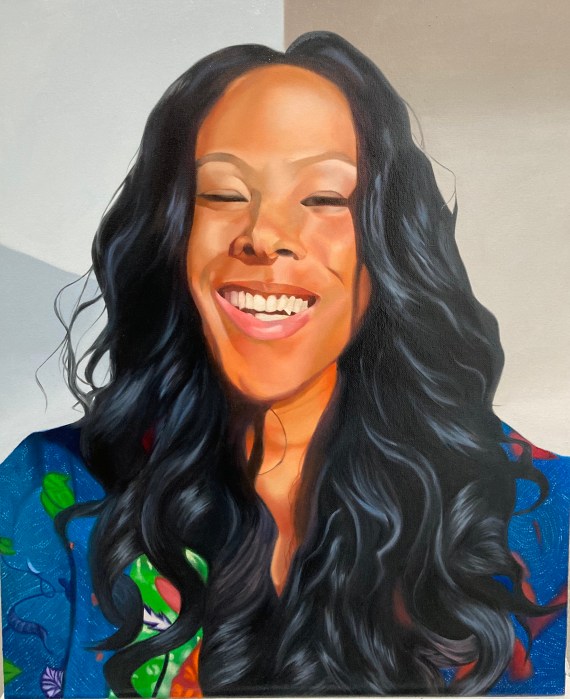PHILADELPHIA — Former Mayor Michael Bloomberg championed stop-and-frisk policing, helped developers reshape New York City and increased the number of charter schools.
Current Mayor Bill de Blasio celebrates the decreased use of stop-and-frisk, spent political capital trying to raise taxes on high-end city residents, and is seen as unfriendly to charter schools.
There are certainly issues the two mayors agree on, and others where critics might see little daylight. Those to the right of Bloomberg call him a nanny-state liberal in a suit, and New Yorkers on the left see de Blasio ceding ground to developers in a Bloombergian manner.
But the two leaders’ underlying philosophies could not be more divergent. Yet both spoke in support of Democratic nominee Hillary Clinton Wednesday.
The DNC in Philadelphia has been marked by division, with fervent supporters of Sen. Bernie Sanders slow to douse the torch. They repeatedly disrupted the convention floor with chants Wednesday night.
Despite that fracture, the support of opposing mayors like de Blasio and Bloomberg demonstrates the broad support that Clinton enjoys.
That support was on display Wednesday night, with speeches from military men like Rear Admiral John Hutson and former CIA Director Leon Panetta, interspersed with the actors, musicians and celebrities common in the Democratic stable. Not to mention the voices of the sitting president and vice president.
One aspect of this broad support is a response to the opposition, as can be seen by the opposing mayoral speeches. Both had different things to prove with their speeches — for de Blasio, a return to grace with the Clintons, and for Bloomberg, an alternative to his own campaign that never was. But both rallied to the same theme.
De Blasio was stuck with an early slot, before most Americans tuned in on TV and just as the media filing center here was visited by Sanders’ supporters.
Which meant many people missed de Blasio counting the ways Clinton was, shall we say, different from Republican nominee Donald Trump.
Whereas Clinton fought for children’s health care and good legal causes, Trump made a career of “ripping people off” and stiffing workers, de Blasio said. Toggling back and forth between the two candidates, the good and the bad, he summoned disgust on his face to call Trump a “little man” and “the great pretender.”
Bloomberg, who considered his own run for president, has travelled the political spectrum as a Democrat, Republican and independent. Yet his three-term reign over New York City would never be described as Sanders-esque.
Naturally, he focused even less than de Blasio did on Clinton the progressive. But the mayors were united in their fervor for Clinton as the anti-Trump.
This should give Bloomberg’s bald-faced appeal to independent voters a certain weight. He used it to discuss the fraudulence of Trump in business, compared to his own impressive business success. And the danger of an erratic commander-in-chief, compared to Bloomberg’s reputation for technocratic decision-making.
“I’m a New Yorker and I know a con when I see one,” he said.
The fear of Trump is precariously papering over differences between Democrats beyond the mayors.
Bloomberg was a startling choice for a Democratic convention in the throes of a leftist awakening.
Panetta was booed with chants of “no more war,” and vice presidential candidate Tim Kaine’s one-time support for the Trans-Pacific Partnership trade agreement discomfits left wingers.
Yet speakers left and center were united in railing against Trump in stark terms last seen at the Republican National Convention in Cleveland.
Actually, last seen Wednesday afternoon, by a third former mayor of New York City.
Rudy Giuliani has quite happily hopped back into the national spotlight in recent weeks for calling Black Lives Matter “inherently racist” and drawing an alternate history of New York City in his speech last week at the RNC. The potential Homeland Security secretary in a Trump administration was peddling his wares in Philadelphia, too, providing a good reminder for why the Democratic opposition is largely united.
He called the DNC “fantasyland” and harkened back to a vision of an America under attack and on the verge of chaos.
As he spoke, the words “corruption,” “scandals,” “hypocrisy” and “rigged system” flashed across a screen. The anti-Hillary slogan “Enough” papered the walls, evidence of an election where the oppositional feeling is mutual.
This is amExpress, the conversation starter for New Yorkers.

















